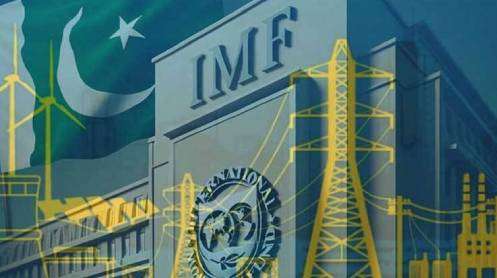WASHINGTON: In a significant boost to Pakistan’s economic outlook, the International Monetary Fund (IMF) on Friday approved two major financing arrangements worth \$2.1 billion, defying Indian efforts to derail the process. The support includes a \$1 billion disbursement under the Extended Fund Facility (EFF) and \$1.4 billion under a newly launched Resilience and Sustainability Facility (RSF) aimed at climate resilience.
The RSF, spanning 28 months, is designed to enhance Pakistan’s capacity to manage climate-induced shocks and build long-term sustainability. The IMF Executive Board’s approval follows a staff-level agreement reached in March, as part of the first review of Pakistan’s 37-month, \$7 billion EFF programme launched in September 2024 — marking Pakistan’s 24th IMF-backed arrangement.
India abstained from the vote, with officials alleging misuse of international funds by Pakistan — claims dismissed by Islamabad as politically motivated. India’s Foreign Secretary had earlier urged institutions like the World Bank and FATF to review Pakistan’s eligibility, but global lenders went ahead with the decision.
IMF Deputy Managing Director Nigel Clarke commended Pakistan’s progress in restoring macroeconomic stability despite external and domestic challenges. He cited falling inflation, stronger foreign reserves, effective fiscal reforms, and timely power tariff adjustments as key achievements.
He also emphasized continued tight monetary policy, structural reforms, energy sector viability, tax equity, and financial sector vigilance to sustain recovery. The RSF reforms, Clarke added, will address climate vulnerabilities through better public investment, disaster response, and resource management.
Prime Minister Shehbaz Sharif hailed the IMF’s decision as a “defeat of India’s underhanded tactics” and praised the economic team — including Deputy PM Ishaq Dar and Finance Minister Muhammad Aurangzeb — for securing the lifeline support critical to stabilising Pakistan’s economy.
Story by Anwar Iqbal







